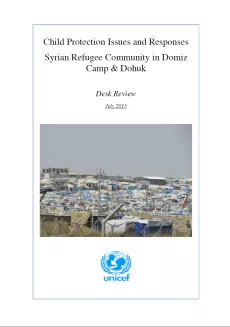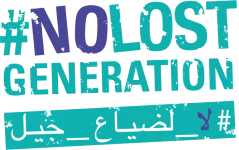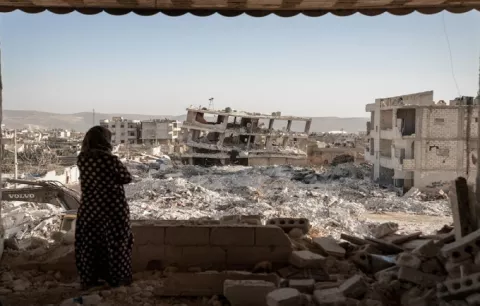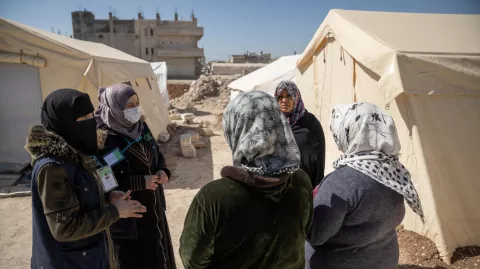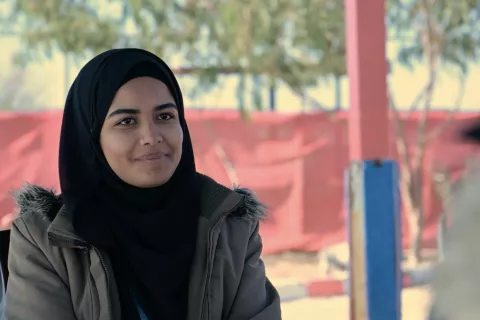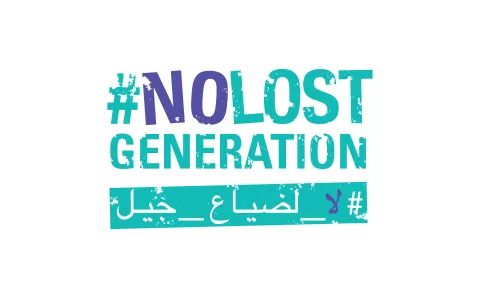Child protection issues and response: Syrian refugee community in Domiz camp and Dohuk
UNICEF
Highlights
The unrest began in the southern city of Deraa in March 2011 when locals gathered
to demand the release of 14 school children who were arrested’ after writing anti
regime slogans. The conflict escalated and by May 2012, Human Rights Watch
found that the fighting in some parts of Syria had reached the level of an armed
conflict, making international humanitarian law, or the laws of war, applicable in
those areas. Syrian Kurds have chosen to flee to the Kurdistan region of Iraq because
of ‘the security and stability of the region’; ‘the shared ethnic, religious and linguistic
affinities’; and the ‘better livelihood opportunities’. The Kurdistan Regional
Government (KRG) has provided refugees with temporary residency cards, which
have allowed them to move freely throughout the region, and to access public services
such as health care and education. Although a range of services are available in
Domiz, these are limited and the resources of providers are stretched beyond capacity; in urban areas, rents are increasing and employment opportunities are scarce.
The impact of the conflict on children has been well reported. In the 2011-2013 crisis
report, UNICEF refers to a lost generation of Syrian children, and underscores that
‘children have been exposed to grave human rights violations [in Syria] including
killing and maiming, sexual violence, torture, arbitrary detention, recruitment and use
by armed forces and groups, and exposure to explosive remnants of war.
This desk review analyses the child protection framework and system in the Kurdistan Region of Iraq, as well as a series of child protection concerns and response.
